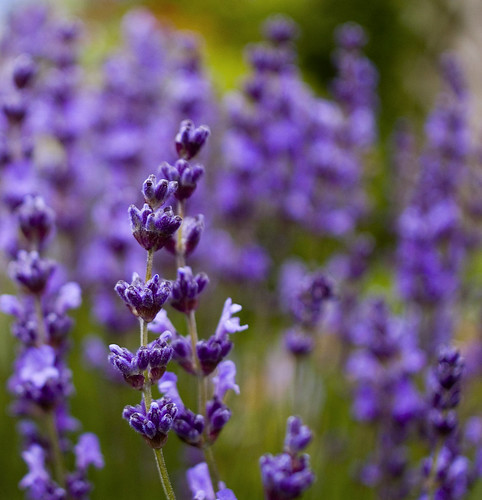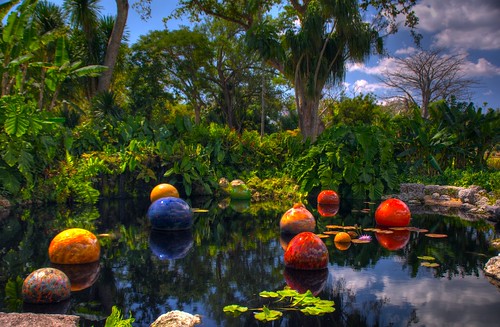-Boycott Called to Halt Adoption of International Fragrance Association’s (IFRA) 40th Amendment by UK-based Watchdog Organization Cropwatch Gains Momentum with Online Poll and Petition. Poll by Perfumer and Flavorist newsletter P&Fnow shows a landslide for Cropwatch with 85.1% of the vote.
-USA- based Artisan Natural Perfumers Guild joins in effort to Demand Opening the Process Up for Public Input and Review of the Process before thousands of small perfumery and toiletry businesses are adversely affected by restrictive, unfair compliance standards. FOR IMMEDIATE RELEASE: MIAMI SHORES, Fla./February 8, 2007. On February 7, 2007, fragrance and flavor trade magazine Perfumer & Flavorist released the results of an online poll showing 85.1% of readers in favor of boycotting proposed fragrance industry guidelines that will heavily limit the use of natural essential oils in perfumes and cosmetics.
Compliance with these guidelines (the IFRA 40th Amendment) requires that listed essential oils and naturally occurring constituents be kept to certain minimal levels in consumer products. At the core of the Amendment are safety issues in regard to skin reactions. The ANPG and Cropwatch fully support sensible safety guidelines to protect the consumer, but do not believe IFRA has proved that many of the essential oils affected present the supposed risk, nor have they allowed input from the impacted concerns, especially small businesses.
Although IFRA guidelines are only mandatory for their members, they have become the industry norm globally. Consequently, the livelihood of many small businesses is being threatened by an organization that does not represent them. Adhering to the complex measures not only requires sophisticated computer software, which most small natural products businesses do not possess, it also unfairly targets natural ingredients. Without a level playing field, these small businesses cannot be expected to compete. Approximately 200 essential oils will be controlled by IFRA if their 40th amendment is ratified.
Previous IFRA guidelines have been responsible for the reformulation of many classic perfumes, essentially destroying works of art that existed in liquid form. It is asserted that perhaps a warning label would have sufficed in allowing the original perfume, scent intact, to remain on shelves. Just as demand for natural toiletries and fragrances is growing worldwide, the 40th Amendment could do damage from the level of growers, distillers, up to suppliers and manufacturers. The end result may be the destruction of businesses and the absence of genuine naturally scented shampoos, creams, lotions, perfumes and soaps from store shelves.
To illustrate how the existing and proposed regulations from IFRA do not make sense, ANPG President Anya McCoy recently blogged on Peanuts vs. Perfume. Peanuts can kill susceptible people, yet their sales are unrestricted: Some perfumes may cause a rash, yet the International Fragrance Association’s (IFRA) 40th Amendment wants to severely limit the public’s access to them. Consumers are allowed to make informed decisions about peanut products, yet with IFRA and EU (see the related FAQ) guidelines and regulations in place, consumers will no longer have the freedom to make informed decisions about which scented products they wish to use. Access to aromatherapy essential oils may also be limited.
The ANPG believes the amendment may be unreasonable because the measures are based on questionable scientific premises, and they are decided behind closed doors without any possibility of public discussion or debate. Since the call for a boycott was proposed two weeks ago by little-guy Cropwatch, 549 people have signed an online petition, backing the challenge to the Goliath IFRA.
http://www.ipetitions.com/petition/ifra40/signatures.html
Therefore, the ANPG joins Cropwatch in asking for a moratorium on the IFRA 40th amendment, until these issues have been fully addressed. We ask that a review of the scientific methodologies that were used in the original determinations of skin sensitization be examined, that the compliance requirements be reviewed, and that warning labels on products be considered in place of prohibition or restriction. Guild Founder, noted natural perfumer and author Mandy Aftel, and Guild President, perfumer Anya McCoy will be working with others in the industry to challenge the IFRA stance and open the amendment adoption process to the public.
For more information, you may download a detailed FAQ from:
http://artisannaturalperfumers.org/cropwatch_ifra.htm
CONTACT:
Anya McCoy, President
Artisan Natural Perfumers Guild
P.O. Box 245
Miami Shores, FL 33153
PHONE. 305-756-0065
Website:
http://artisannaturalperfumers.org
email:
http://artisannaturalperfumers.org/contact.htm



